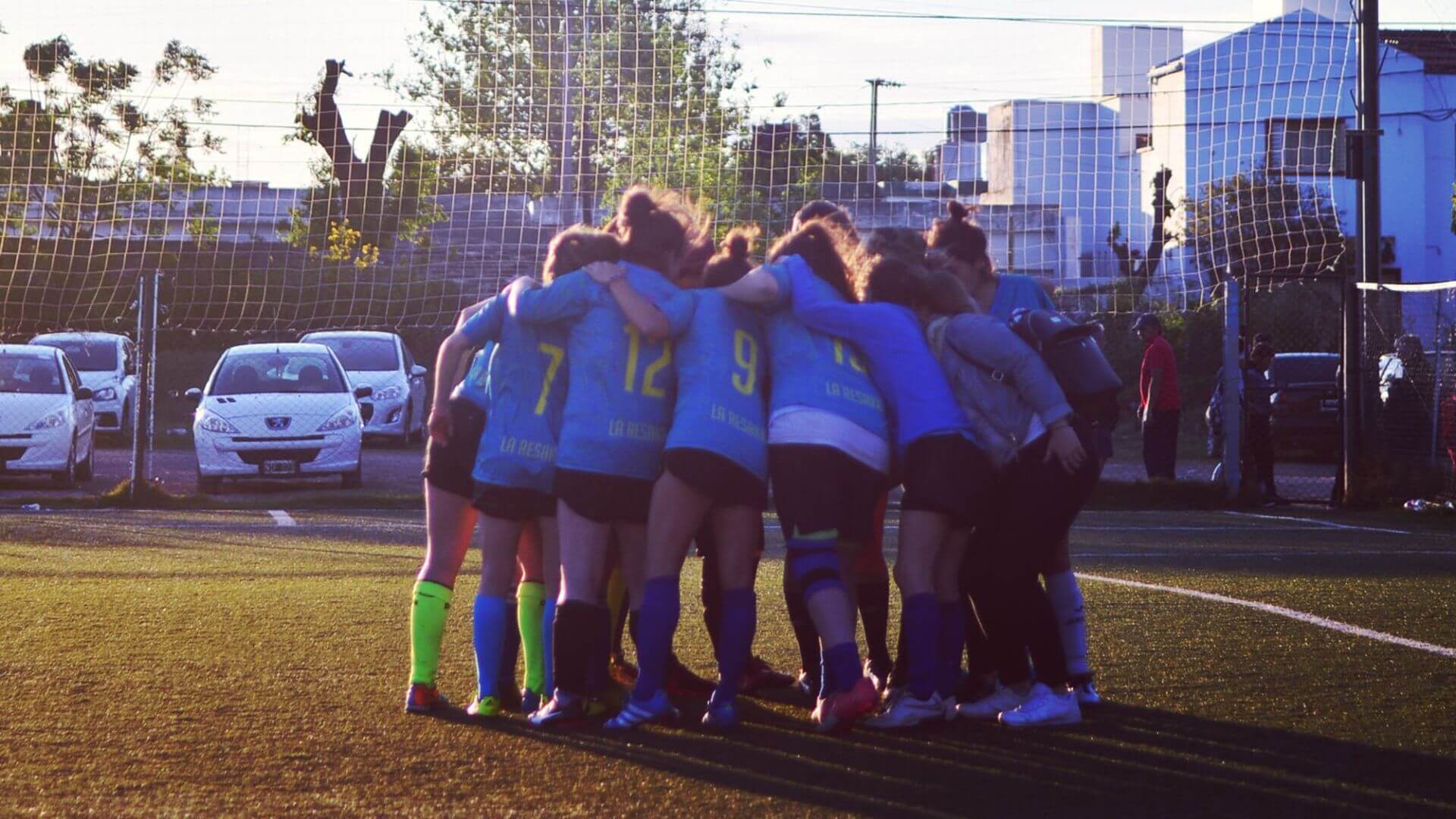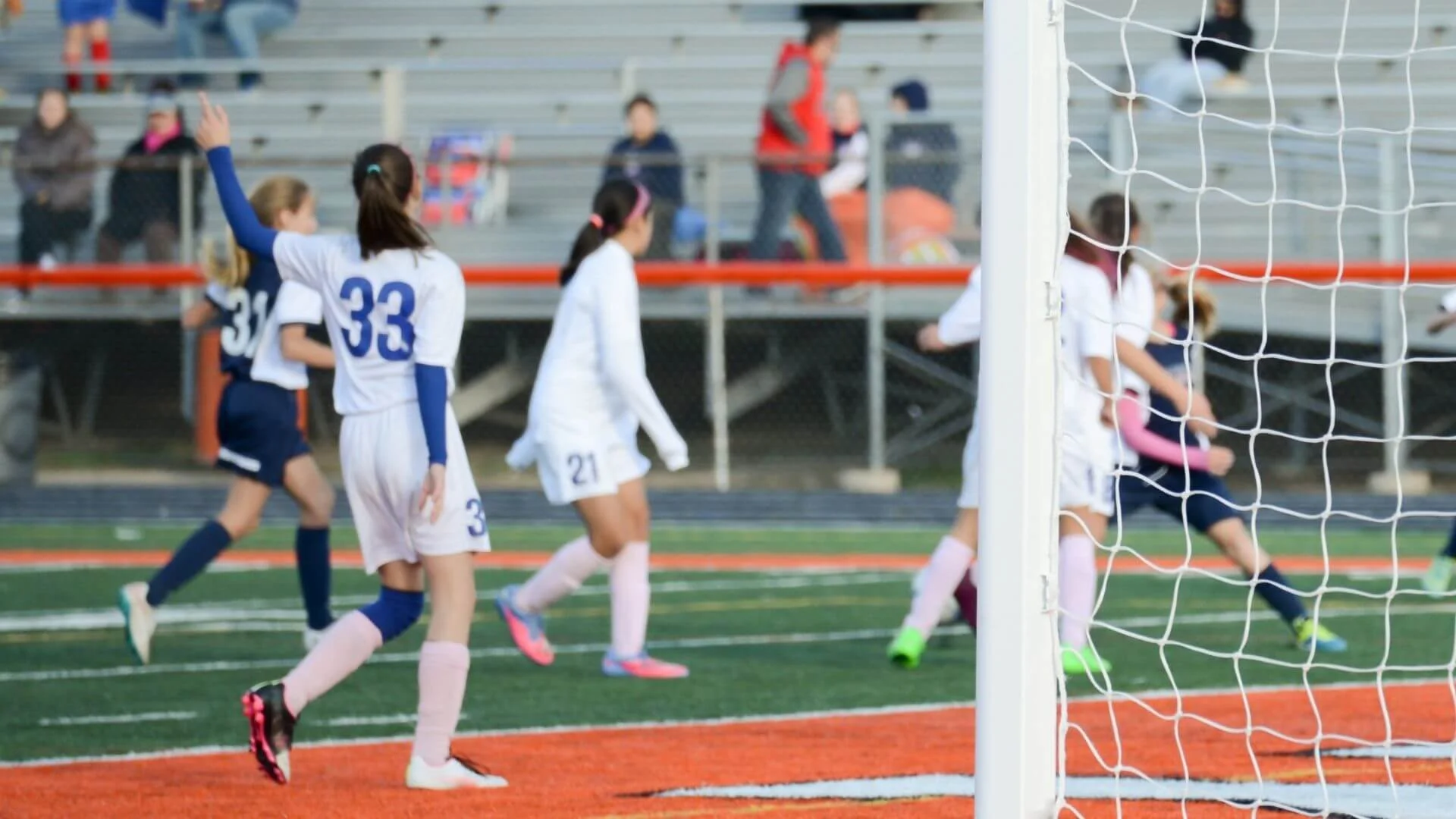How to Handle Overly Critical Soccer Parents
Critiques are necessary for making any soccer player better. Every player (even the greats!) needs quality constructive criticism to improve their style of play.
Criticism primarily comes from our coaches during practice or when we’re on the field. Though, how often have your parents critiqued you from the sidelines or after game time is over? Many of our parents were our first coaches, showing us our first moves and teaching us to love the game.
However, there are times when they can forget to take their coaching hat off and take the critiquing a bit too far.
For criticism to be helpful, it should be communicated in a healthy way. So what do you do when criticism from your parents becomes too hard to handle? Harsh criticism is real and can affect a player’s mental health; therefore, finding ways to deal with the stress is vital. Here are a few tips to help all Socceristas handle overly critical soccer parents.
Set your boundaries
Nobody knows how much criticism you can handle except for you. Advocating for yourself is most important, so set clear boundaries on when and how often you’d like to receive criticism. Maybe you aren’t as receptive to criticism directly after a game as you are a day later.
Or perhaps you’d prefer only to be critiqued on something specific. Then, lay it out for your parents to understand what is helpful and what is hurtful to you.
Be transparent
As the saying goes, honesty is the best policy. So be honest with your parents about how their over-critiquing makes you feel. If it doesn’t help you grow, tell them that.
There may be instances where your parents don’t realize their impact on you, so being upfront with them can help. Further instances of over-criticism can potentially be avoided by having a conversation.
Focus on the positives
Sometimes the delivery of the criticism impacts how we receive the actual critique. If you’ve tried conversing with your parents and found it doesn’t help, try a different approach to handling their criticism.
Focus your listening on any positives you can catch that will help improve your playing. You may find some useful tidbits in what they are telling you.
Learning to tune out the negative aspects can make a massive difference for your mental health as well.
Mistakes are necessary!
If you notice that the criticism you receive is mainly surrounding mistakes in your game, don’t fret. In the midst of criticism, we might forget that those very mistakes are necessary to learn. If we look at this form of criticism in a negative way, we lose an opportunity to grow as a player.
Even if we don’t react well to the way the criticism is delivered, we may still be able to turn the actual information into something useful. Going into a game knowing that we can potentially make a mistake is also helpful for easing the tension of hearing about it afterward.
If your parent’s criticism gets to be too much for you to tolerate, it’s time to speak up. Change the narrative of how you receive criticism to fit your needs as a player and a person. But, most importantly, don’t let over-criticism close you off from receiving any at all!
Featured image via Adobe Stock Images
_
GIRLS SOCCER NETWORK: YOUR SOURCE FOR GIRLS SOCCER NEWS













